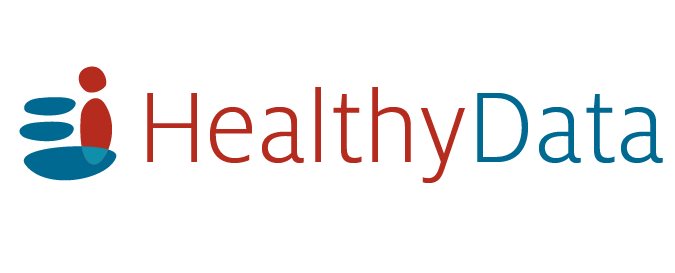

Radboud Healthy Data
A program by Radboudumc and Radboud University
The Radboud Healthy Data program aims to create an outstanding data & AI infrastructure and contribute to a responsible digital research culture on the Radboud campus. The program is characterized by its cross-campus, transdisciplinary collaboration and focus on re-using data & AI resources and expertise wherever possible, supporting interdisciplinary research and contributing to new, innovative infrastructure solutions - now and in the future.
For more information about the program, please visit our new webpage.
Radboud Healthy Data - new webpage